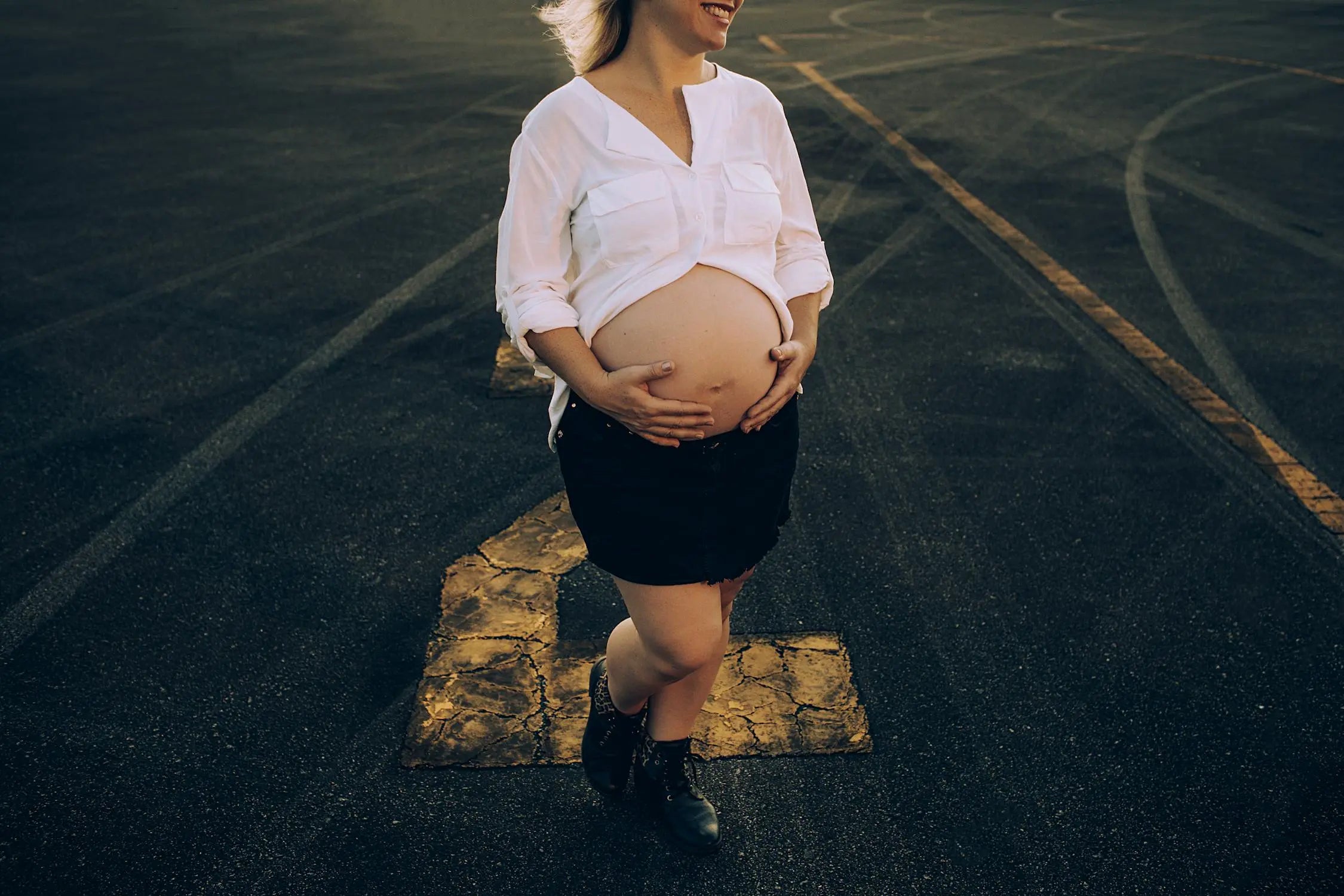Accueil
Pregnancy, Breastfeeding, and Pumping: The Ultimate Guide for Moms
Can Pregnancy Test Positive After 1 Week? What You Need to Know

Can Pregnancy Test Positive After 1 Week? What You Need to Know
Have you ever wondered if a pregnancy test can show positive results just one week after conception? The answer might surprise you. Pregnancy tests have become a reliable tool for women to confirm pregnancy, but understanding how they work and when they can detect pregnancy is crucial. Let’s dive into the details to uncover the truth.
How Pregnancy Tests Work
Pregnancy tests detect the presence of human chorionic gonadotropin (hCG), a hormone produced by the placenta after a fertilized egg attaches to the uterine lining. This hormone is often referred to as the pregnancy hormone because its levels rise rapidly in early pregnancy. Most home pregnancy tests are designed to detect hCG in urine, while blood tests performed by healthcare providers can measure hCG levels more precisely.
When Can a Pregnancy Test Detect hCG?
The timing of a positive pregnancy test depends on when hCG levels become detectable. After conception, it takes about 6 to 12 days for the fertilized egg to implant in the uterus. Once implantation occurs, hCG production begins. For most women, hCG levels become detectable in urine about 10 to 14 days after conception. However, some sensitive tests claim to detect hCG as early as 7 to 10 days after conception.
Can a Pregnancy Test Be Positive After 1 Week?
While it’s possible for a pregnancy test to show positive results one week after conception, it’s not guaranteed. The likelihood of a positive result depends on several factors, including the sensitivity of the test, the timing of implantation, and individual hCG levels. Some women may experience early implantation, leading to detectable hCG levels sooner, while others may need to wait a few more days for accurate results.
Factors That Influence Test Accuracy
Several factors can affect the accuracy of a pregnancy test, especially when taken early. These include:
- Test Sensitivity: Some tests are more sensitive and can detect lower levels of hCG.
- Timing of Implantation: Early implantation increases the chances of detecting hCG sooner.
- Urine Concentration: Using first-morning urine, which is more concentrated, can improve accuracy.
- Individual hCG Levels: hCG levels vary among women, and some may produce the hormone more slowly.
What to Do If You Get a Negative Result
If you take a pregnancy test one week after conception and get a negative result, don’t lose hope. It’s possible that hCG levels are still too low to detect. Wait a few days and retest, especially if you miss your period. If you continue to experience pregnancy symptoms or have concerns, consult a healthcare provider for further evaluation.
Early Signs of Pregnancy
While waiting for a positive pregnancy test, you might notice early signs of pregnancy, such as:
- Missed period
- Fatigue
- Nausea or morning sickness
- Breast tenderness
- Frequent urination
These symptoms can provide clues, but they are not definitive proof of pregnancy. A positive test or medical confirmation is the only way to be sure.
When to See a Doctor
If you suspect you’re pregnant or have received a positive home pregnancy test, schedule an appointment with your healthcare provider. They can confirm the pregnancy through a blood test and provide guidance on prenatal care. Early medical attention is essential for a healthy pregnancy.
So, can a pregnancy test show positive results after just one week? While it’s possible, it’s not always the case. Understanding the science behind pregnancy tests and the factors that influence their accuracy can help you navigate this exciting yet uncertain time. Whether you’re eagerly waiting for a positive result or seeking clarity, patience and knowledge are your best allies.
Partager

